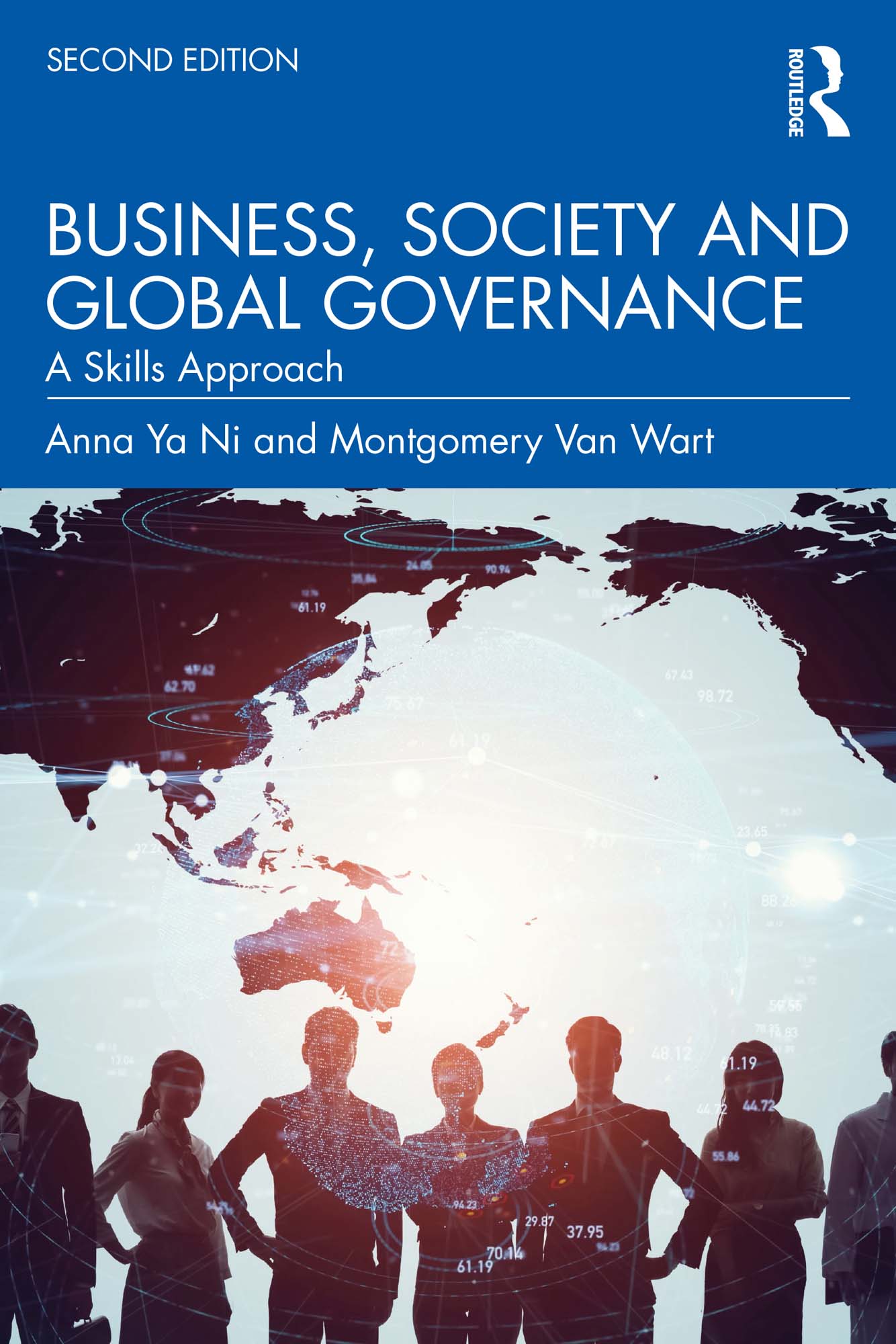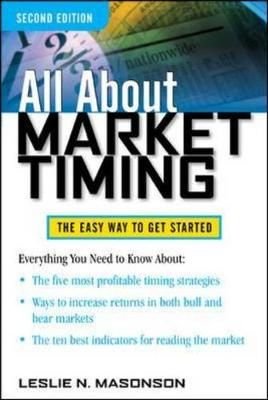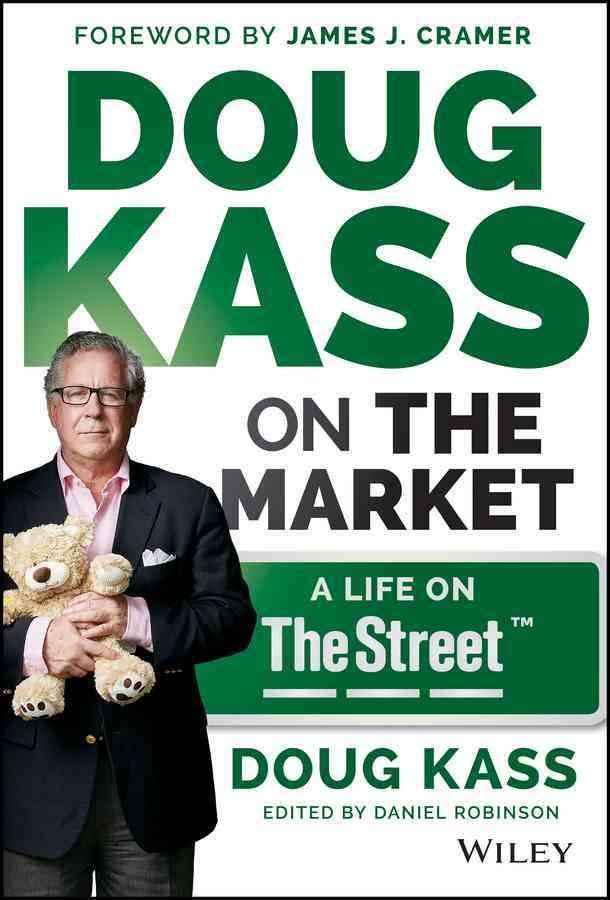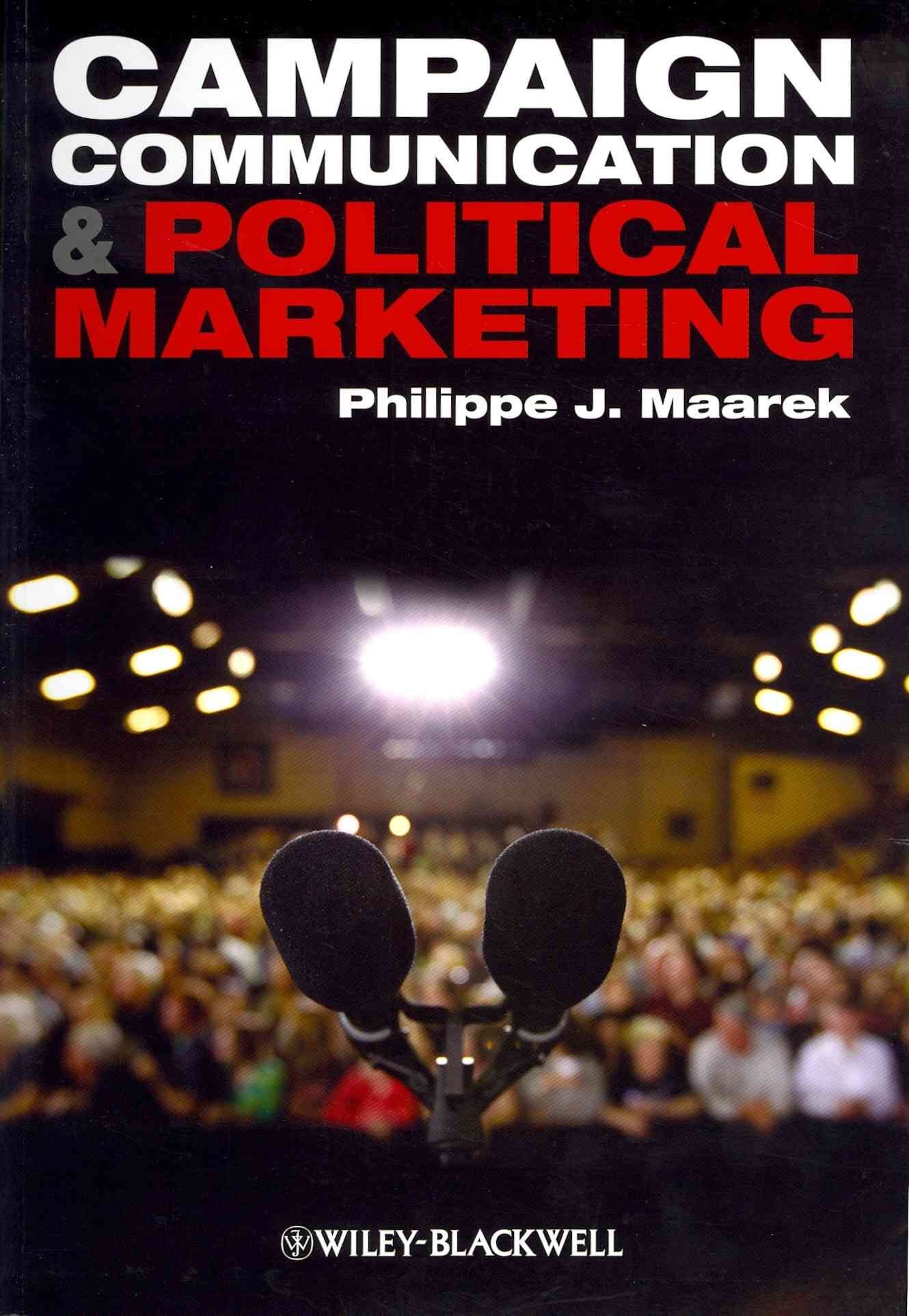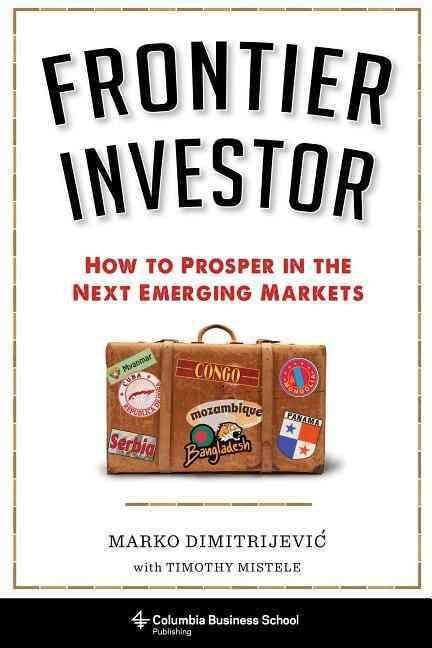Political marketing has become a global phenomenon as parties try to copy the market-oriented approach employed by Tony Blair to win power for New Labour in 1997. Increasingly voters choose parties like consumers choose products, and this study looks at how some political parties, such as Sinn Fein, have been able to capitalise on this to gain support. It raises fresh perspectives on the more established political marketing practices in the UK and US, such as how to incorporate political leadership within the market-oriented framework and the democratic implications when faced with the actually business of governing. This book also highlights how the market-oriented party approach has spread around the world, including Europe and the new democracies of Brazil and Peru. The chapters, in demonstrating this convergence in practices, also question whether this strategy is appropriate for political systems based on proportional representation and coalition governments such as those in Austria, Germany, New Zealand, Canada, and devolved systems in Northern Ireland and Scotland. The collection also introduces the debate on whether such practices enhance or undermine democracy, raising important questions on the future of political marketing. This book should become an established essential text for students and academics of political science and marketing.

